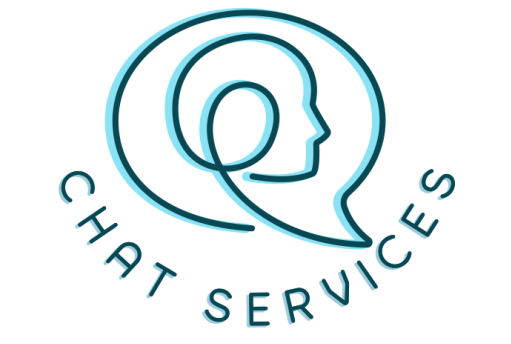
What is Obsessive Compulsive Disorder (OCD)?
OCD is characterised by an individual who experiences incessant, undesirable thoughts which can only be alleviated once they perform certain rituals and behaviours. Experiencing OCD can therefore impede daily functioning as well as instigate intense feelings of apprehension. For instance, an individual may experience fear of contracting a disease, so to relieve this anxiety, they wash their hands systematically, five times every ten minutes.
What are the symptoms of OCD?
Psychological Symptoms of OCD include:
- Recurring unwanted thoughts
- Intense feelings of distress
- Feelings of panic and anxiety
Behavioural Symptoms of OCD include:
- Performing rituals
- Social withdrawal
- Arriving late to work/ school
Physical Symptoms of OCD include:
- Hyperawareness
- Digestion problems
- Health complications from rituals (such as sore hands from repetitive washing)
How to cope with OCD:
The most common form for treating OCD, is attending Cognitive Behaviour Therapy (CBT) as this offers significant alleviation of the symptoms. OCD is an unwarranted worry which is constantly elicited and therefore stimulates a recurrent behaviour. Fittingly, CBT works to alter an individual’s irrational thoughts, to promote healthy behaviours. Therefore, CBT appears to be the most effective intervention for coping with OCD. In other words, CBT works to identify the specific causes and triggers for the incessant thoughts that an individual worries about. Once these thoughts are identified, the therapist and individual can work together on restructuring these beliefs with rational facts. As these thoughts are restructured, it becomes much easier to start reducing the ritualistic behaviours, as there are no more triggers. Eventually, the individual is able to cope with, and manage their OCD.
